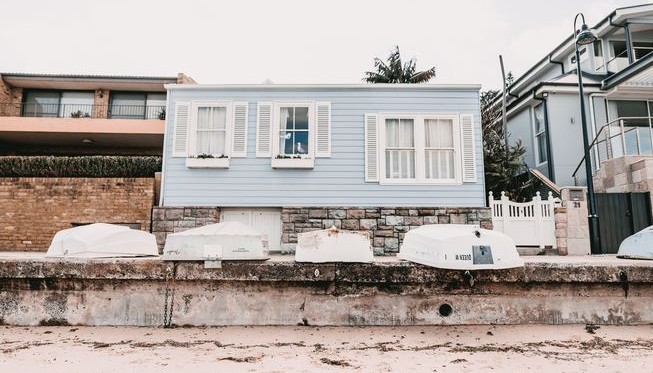
ATO targeting rental properties in 2019
The headline reads “Tax office to double audits of dodgy rental deductions”.
This year, the Australian Taxation Office (ATO) will be targeting taxpayers who own rental properties, including those who have earnt casual income from Airbnb rentals in 2018-19.
They are specifically targeting coastal properties with a particular interest in Lorne, Victoria.
At the recent CPA Congress which our team attended, some time was spent discussing rental claims and rental property owners are being warned to ensure their deductions are compliant.
The ATO’s detection methods are becoming more advanced every year with the use of 3rd party information to data match records. This includes matching information from financial institutions, real estate agents and property managers.
Common rental deduction errors include:
- Over-claimed interest – you can only claim interest that relates to the rental property. If you use some of the loan money for personal use, that portion of the interest is not deductible.
- Captial works claimed as repairs – Repairs or maintenance to restore something that’s broken, damaged or deteriorating are deductible immediately. Improvements or renovations are categorised as capital works and are deductible over a number of years. Initial repairs for damage that existed when the property was purchased, such as replacing broken light fittings or repairing damaged floor boards, can’t be claimed as an immediate deduction but may be claimed over a number of years as a capital works deduction.
- Incorrect apportionment of expenses for holiday homes let out to others
Holiday homes v rental investment
A holiday home is different to a rental investment property. A holiday home is generally a private asset you use for family holidays, meaning you cannot claim expense deductions.
However, if you let your property out at ‘mates rates’ to family and friends, you can claim expenses up to the amount of income you receive.
If your property is genuinely available for rent – which means making it available during holiday periods, keeping it in a condition that people would want to rent it, and not unreasonably refusing tenants – it becomes more like a rental investment property and you can claim deductions for the days it is either rented or is genuinely available for rent.
What happens if you have an illegitimate claim?
Firstly, the ATO will identify the claim of concern and investigate. Taxpayers will be contacted directly or via your tax agent. You will be asked to amend unjustifiable claims. If necessary, the ATO will commence an audit.
Once an audit begins, the ATO may search through even more data including utility bills, tolls, social media and other online content to determine whether the you are entitled to claims made.
While no penalties apply for taxpayers who amend their returns due to genuine mistakes, deliberate attempts to over-claim can attract penalties of up to 75% of the claim.
It’s no secret the ATO is ramping up their efforts. Our advice is to keep records, receipts or other documents to support a claim. Fraudulent or doctored records attract penalties and may result in prosecution.
If you have any questions about Rental Property deductions, please contact Patrick Rowan & Associates.
This is a general summary only. For more information, please speak with your Accountant or visit the ATO website.




Find us elsewhere